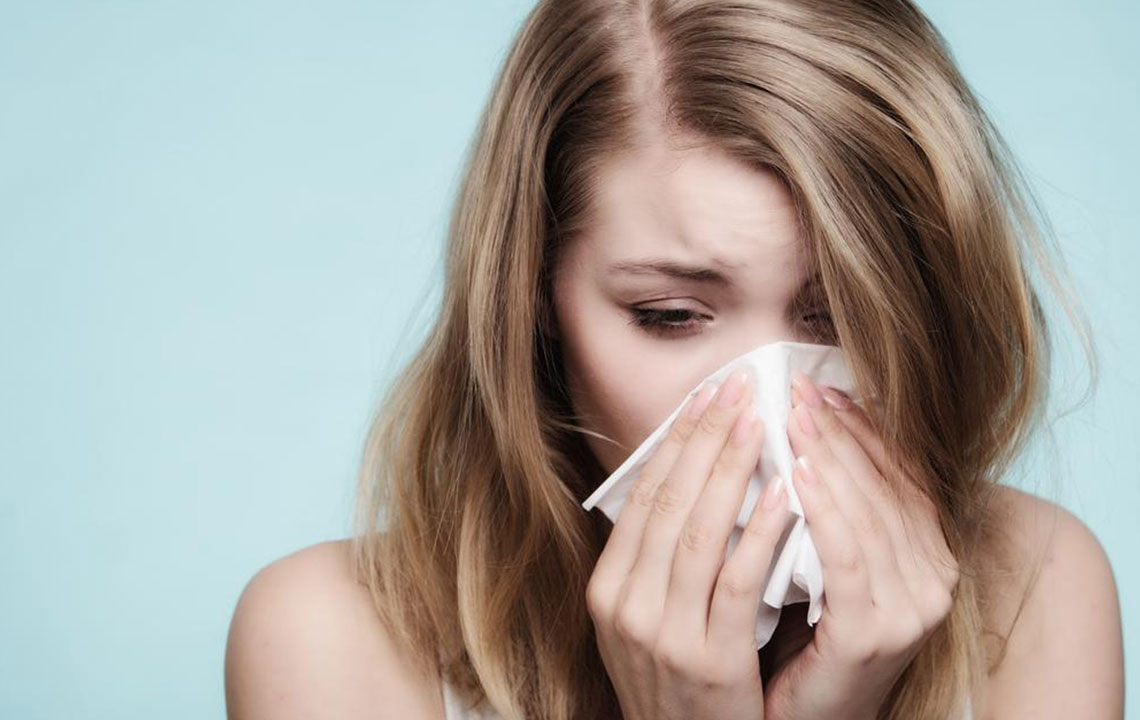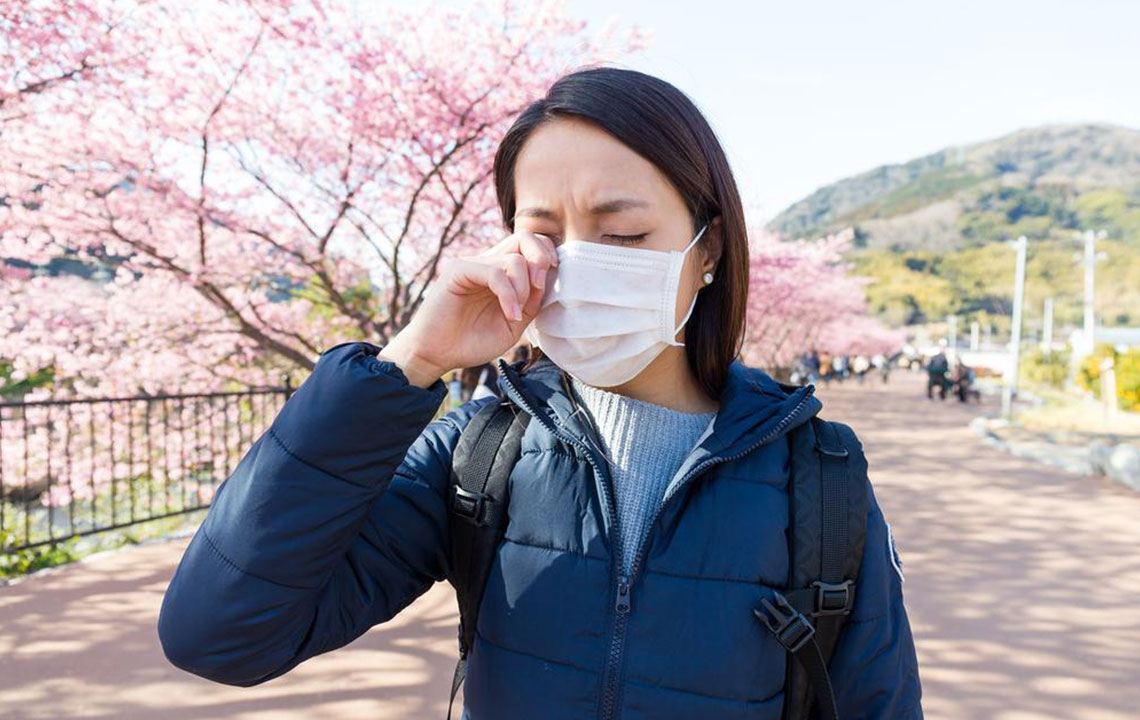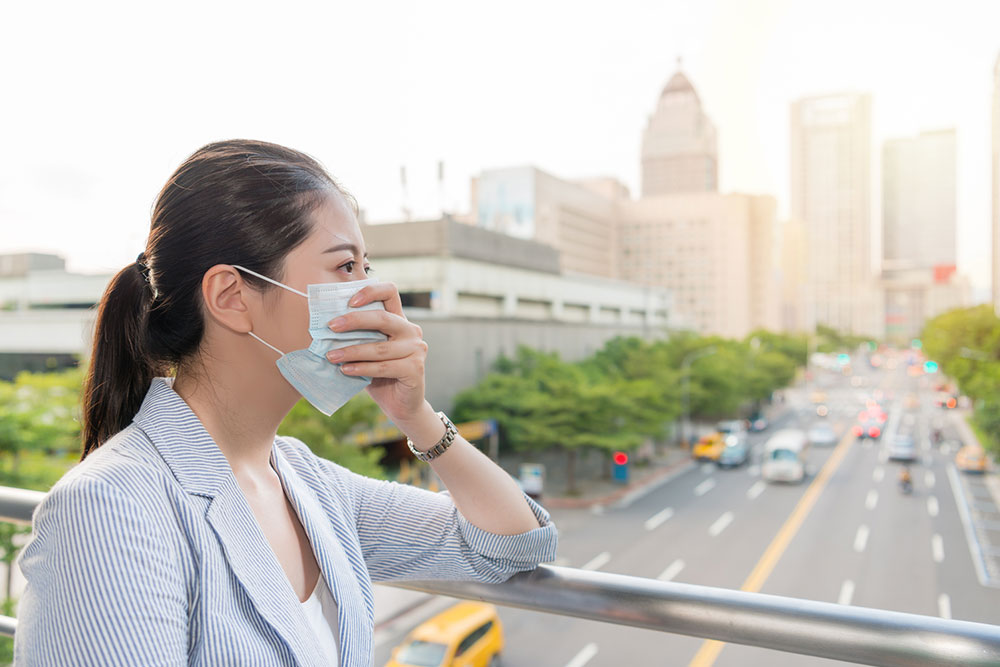How to Detect Hidden Allergies: 8 Key Symptoms You Should Know
Discover comprehensive insights into recognizing hidden allergies through key symptoms such as skin rashes, itching, nasal congestion, and digestive issues. Early detection is vital for effective management and improving overall health. This guide highlights the most critical allergy signs to watch for, helping you take proactive steps to prevent severe reactions and ensure a healthier life.

Discovering Hidden Allergies: 8 Critical Signs and Symptoms
Everyone hopes for a life free of health concerns, but the reality is that illnesses, including allergies, can strike unexpectedly. Maintaining a balanced diet coupled with regular physical activity strengthens the immune system, our body's natural defense mechanism against pathogens. However, sometimes the immune system misfires, leading to allergic reactions. Allergies are hypersensitive responses triggered by otherwise harmless substances in the environment, known as allergens. Recognizing the early warning signs of allergies is essential for effective management and prevention of potential health complications. In this comprehensive guide, we will delve into the eight most important signs that may indicate you are suffering from hidden allergic reactions, helping you take proactive steps toward better health.
Hives and Skin Rashes: One of the most recognizable allergy symptoms is the appearance of red, itchy welts on the skin known as hives. These rashes often appear suddenly after eating certain foods, such as nuts or shellfish, or following insect bites. They can vary in size and intensity, sometimes spreading across large areas of the body. Persistent or recurring hives warrant medical attention as they may signal underlying allergies requiring specific treatment strategies.
Itchy Throat and Respiratory Irritations: Experiencing a persistent itchy or scratchy throat can be a hallmark of allergic reactions, especially during pollen seasons or after dust exposure. This irritation might be accompanied by sneezing, coughing, or nasal congestion. These symptoms are often caused by airborne allergens that trigger immune responses within the respiratory system. Recognizing this early can help prevent more severe symptoms like asthma attacks.
Skin Rashes and Persistent Itching: Unfamiliar or new skincare products and foods can provoke allergic contact dermatitis, leading to painful rashes and relentless itching. This response can appear within minutes or hours after exposure. If you notice unexplained skin irritation, it could be an allergy to ingredients in cosmetics, detergents, or certain foods, requiring careful allergen identification and avoidance.
Nasal Congestion and Sinus Issues: Sudden or chronic nasal blockage, frequent sneezing, and post-nasal drip are common allergic reactions to dust, pet dander, or pollen. These symptoms can significantly reduce quality of life, causing discomfort and sleep disturbances. Identifying the allergen involved allows for targeted treatments such as antihistamines or allergen immunotherapy.
Watery, Itchy Eyes: Allergic conjunctivitis manifests through itchy, red, and watery eyes, often in response to pollen, pet dander, or dust mites. This symptom can be bothersome and may persist for weeks if exposures continue. Managing indoor environments and using appropriate medications can alleviate these discomforts.
Digestive Problems Like Diarrhea and Nausea: Food allergies, particularly to shellfish, dairy, or certain grains, can cause gastrointestinal symptoms such as diarrhea, nausea, or stomach cramps. These reactions may occur immediately after eating suspected foods. Proper diagnosis through allergy testing helps in developing dietary restrictions to avoid severe allergic episodes.
Unexplained Nausea and Gastrointestinal Discomfort: Feeling nauseous after meals, especially when no other causes are apparent, can indicate food allergies. An allergic reaction in the digestive tract can be subtle but persistent, emphasizing the importance of medical evaluation if such symptoms occur regularly.
Understanding these warning signs plays a crucial role in early detection of hidden allergies. If you observe any of these symptoms persistently or suddenly, consult an allergy specialist to undergo appropriate testing and receive personalized management plans. Addressing allergies promptly can prevent more serious health issues, improve your quality of life, and create a safer environment for you and your loved ones.





